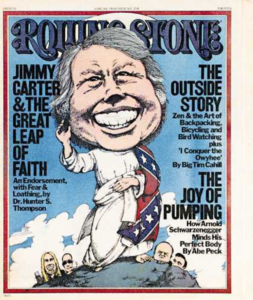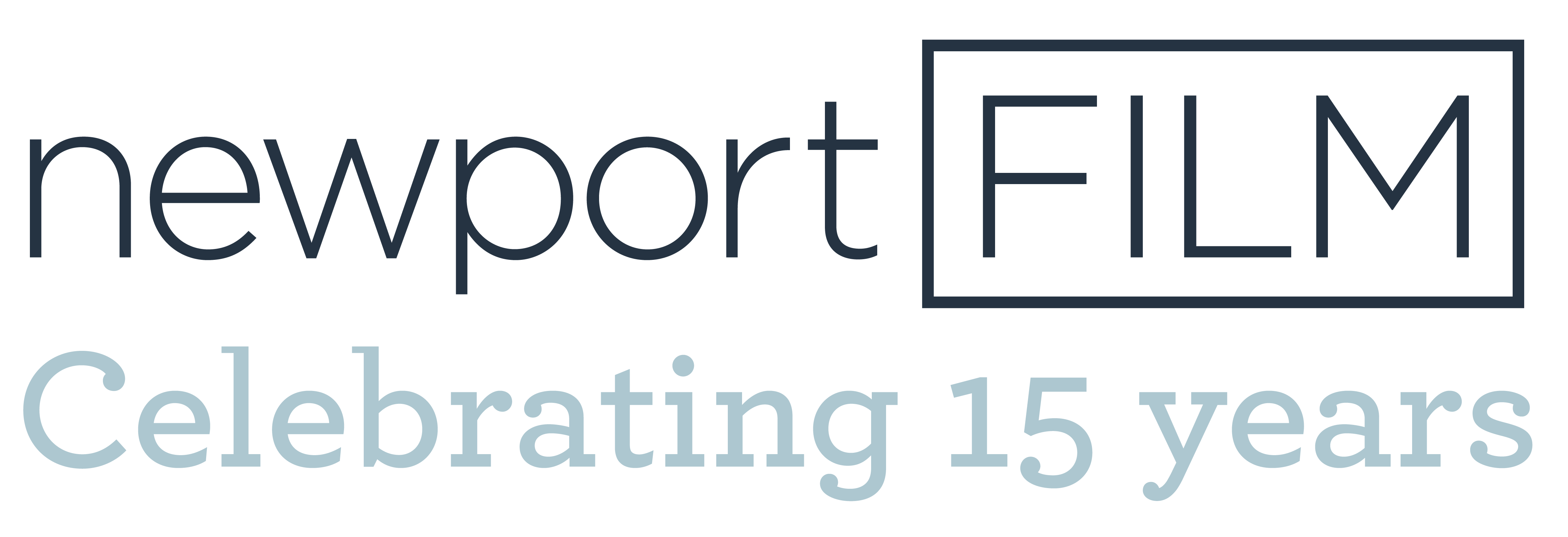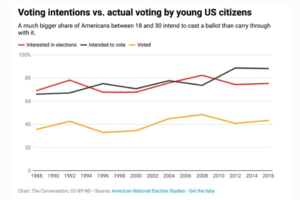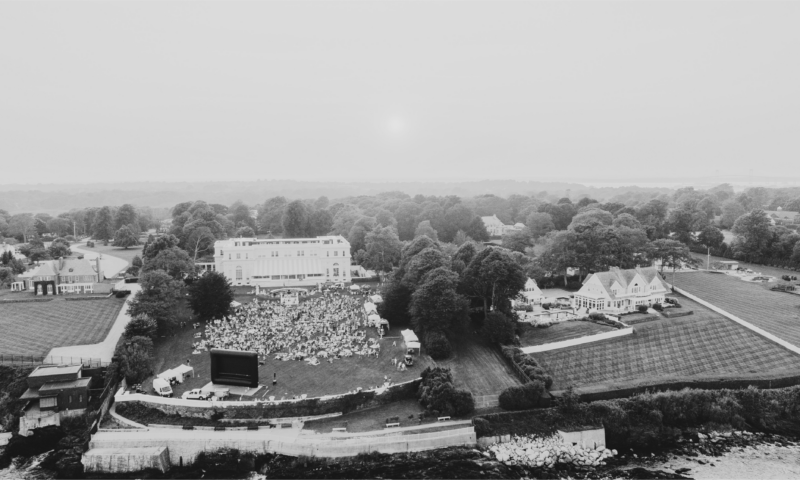Rock the Vote and HeadCount use the power of music to connect with young voters, even during a pandemic. Rather than amplify sound bites about Millennial voter apathy, these established non-partisan initiatives bring civic engagement leadership to music events with impressive results. Innovating since 1990, Rock the Vote has registered millions of voters through partnerships with music platforms like MTV. Since 2004, HeadCount has staged voter registration drives at music events nationally with impact. Together, these initiatives are empowering Millennial and Generation Z voters who will make up 40% of the American electorate in the upcoming November 3, 2020 national, state, and local elections.
How music and the youth vote aligned at an earlier Woodstock-generation election is central to the new documentary, Jimmy Carter: Rock & Roll President. The corruption of Watergate and President Nixon’s resignation in disgrace reverberated throughout the ensuing 1976 United States Presidential election. It was a surprise upset when Jimmy Carter, the Southern outsider peanut farmer from Georgia, came out of nowhere to clinch the Democratic nomination and beat the establishment Republican candidate in November 1976. The authenticity of American music, especially southern rock, seemed proof of the electrifying synergy in the air. Anything seemed possible.
Jimmy Carter: Rock & Roll President reminds us what a big deal it was for candidate Carter to be endorsed on the June 3, 1976 cover of hip Rolling Stone magazine. (And by no less a counter-culture bad boy than Hunter S. Thompson.) The voting age had only dropped from 21 to 18 with the 26th Amendment, passed in 1971. It felt like a generational power shift. Holding the Democractic Convention, like a rock concert, at Madison Square Garden reinforced a kinship between Rock & Roll and this populist Southern candidate. Carter’s grassroots appeal felt authentic, and music validated this.

With no false note, the film makers ask music to vouch for Carter’s human decency and vision of transcendent leadership. The genesis of the project was a desire to reframe how we remember Carter and his presidency by telling the story of his now under-appreciated love of music and enduring friendships with a wide range of musicians, especially Bob Dylan, Willie Nelson, Greg Allman, and a host of others across many musical genres. Carter’s friendship with musicians was not politically motivated. Quite the opposite. In some cases his White House open door carried the risk of bad press or worse – which he simply ignored to stand by his friend. When Elvis called, Carter answered. Greg Allman was a first day dinner guest at the Carter White House.
Jimmy Carter: Rock & Roll President is a tribute to a genuine music lover who came to office in the aftermath of a corrupt, disgraced Nixon and the closing saga of the long and troubling Vietnam War. The title of this documentary, which Carter apparently loves, wants to surprise us with a new interpretative slant on our 39th President. The title offers a kind of hip, counter culture street cred as we look back on his presidency.
But what do we really learn from this new notion of Jimmy Carter as a Rock & Roll President? Surely this man was a music lover. A silent question is the relationship between being a music lover and a leader. It’s important to point out that Carter was a one-term President, and his tea-leaves are being studied again now for clues about this upcoming November 2020 Presidential election. Will President Trump be a one-term President, like Carter who lost to Ronald Reagan in 1980? Or stage a victory perhaps like Harry S. Truman in 1948? The reception of Jimmy Carter: Rock & Roll President in the summer/fall of 2020 will inevitably be influenced by questions about what qualities are central to political leadership. What helps get a populist outsider elected once? What demonstrated leadership and governance qualities lead to re-election for a second term? Jimmy Carter: Rock & Roll President doesn’t go there.
Let’s look at the youth vote during Carter’s successful 1976 Presidential campaign. His largest percent win was among Woodstock-era boomers born 1947-1954. But only 17% of this eligible voting age population voted, according to one study. In the 1980 Presidential election when Carter lost to Reagan, the same 17% of 22-29 year olds voted. But a third party candidate split the vote so that Reagan won this demographic 45% to 44%, with the third candidate drawing 11%. Political leadership requires compromise; the sacred and the profane don’t often harmonize. What qualities are needed to govern this great country? How do we decide who to vote for? What motivates us to actually vote?
Leveraging music to engage young voters in the political process is a critical project. Civic engagement matters. Huge shout out to Rock the Vote and Headcount for their emphasis on organizing, issues, voter registration and getting out the vote. We’ve come a long way since Rolling Stone magazine featured Jimmy Carter on the cover. For more information on how to register to vote, deadlines, and voting during the pandemic, check out https://www.rockthevote.org/how-to-vote/rhode-island/
October 4, 2020 is the Voter Registration Deadline for the Tuesday November 3, 2020 Rhode Island General Election (Federal, State, Local)
Meanwhile, enjoy the film and please stay safe. Here are newportFILM live audience COVD safety guidelines: https://newportfilm.com/newportfilm-drive-in-guidelines/
By Nancy Austin, PhD – newportFILM 2020 Humanities Blogger.
Nancy Austin is an educator, coach, and strategic research consultant helping shape stakeholder stories. Her Brown University PhD was on the entrepreneurial women who founded the Rhode Island School of Design. For decades Nancy Austin taught interdisciplinary courses at RISD, Yale, and WPI leveraging her broad background in science, math, art, architecture, and design. Her native STEAM orientation now includes advocacy around digital literacy and cybersecurity.With support from the Rhode Island Council for the Humanities.






